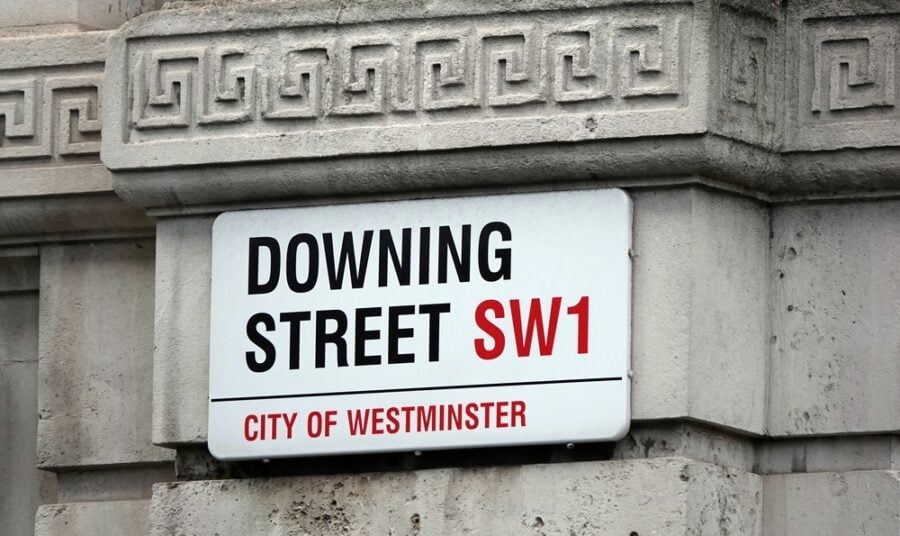After months of political campaigning, the United Kingdom will find out on Monday who will be its next prime minister as Foreign Secretary Liz Truss rises to take up her duties in Downing Street on Tuesday.
Voting by about 2,000 party members by mail and the Internet ends on Friday after it began earlier this month. The winner will be announced next Monday, September 5th.
Before Monday’s result, the two Conservative candidates, Truss and her rival, former Finance Minister Rishi Sunak, were subjected to a “questioning session” from the Conservative Party, on how they will respond to the energy crisis and on the impact of a campaign being prepared under the slogan “Do not pay”.
Campaign organizers hope to get one million supporters who will stop direct payments to energy companies en masse on October 1.
The Office of Gas and Electricity Markets (OfGEM) had announced that the energy price cap would move from £1,971 a year for an average household to £3,549, starting in October.
The cost of living crisis agitated several industrial sectors, the latest of which was postal employees protesting against wages.
Inflation in the UK is currently at 10.1 percent, its highest level in 40 years.
Energy debate
In their last confrontation before the contest is decided on Monday, Truss said there would be no energy rationing if she became prime minister, making hints about the extra cost of living.
She reiterated her two priorities: lowering taxes and securing the UK’s energy supply. She added that the third priority would be addressing costs.
Truss said that if elected, she would “focus on energy prices for consumers and how to revive the British economy”.
Truss also confirmed she was “absolutely looking forward to taking action on commercial energy costs” amid concerns about the crippling effect of higher bills.
Truss considers that a recession is not inevitable and that it was possible to “create opportunities in the UK”.
She wants to revisit all the laws inherited from the European Union, call for deregulation and free trade, and urge conservatives to be ambitious.
Meanwhile, Sunak stressed that controlling inflation will be a top priority, noting that the plans to reduce taxes set by Truss are excessively daring.
“We should not rule out anything because the challenges we face in this crisis are great,” he said. He added that leadership “begins with dealing directly with the state on economic challenges,” adding: “I did not choose to say things that people might want to hear, I said things that I think our country needs to hear…even though it didn’t make my life easy, but my views are honest, and for me, it’s what leadership is about.”








